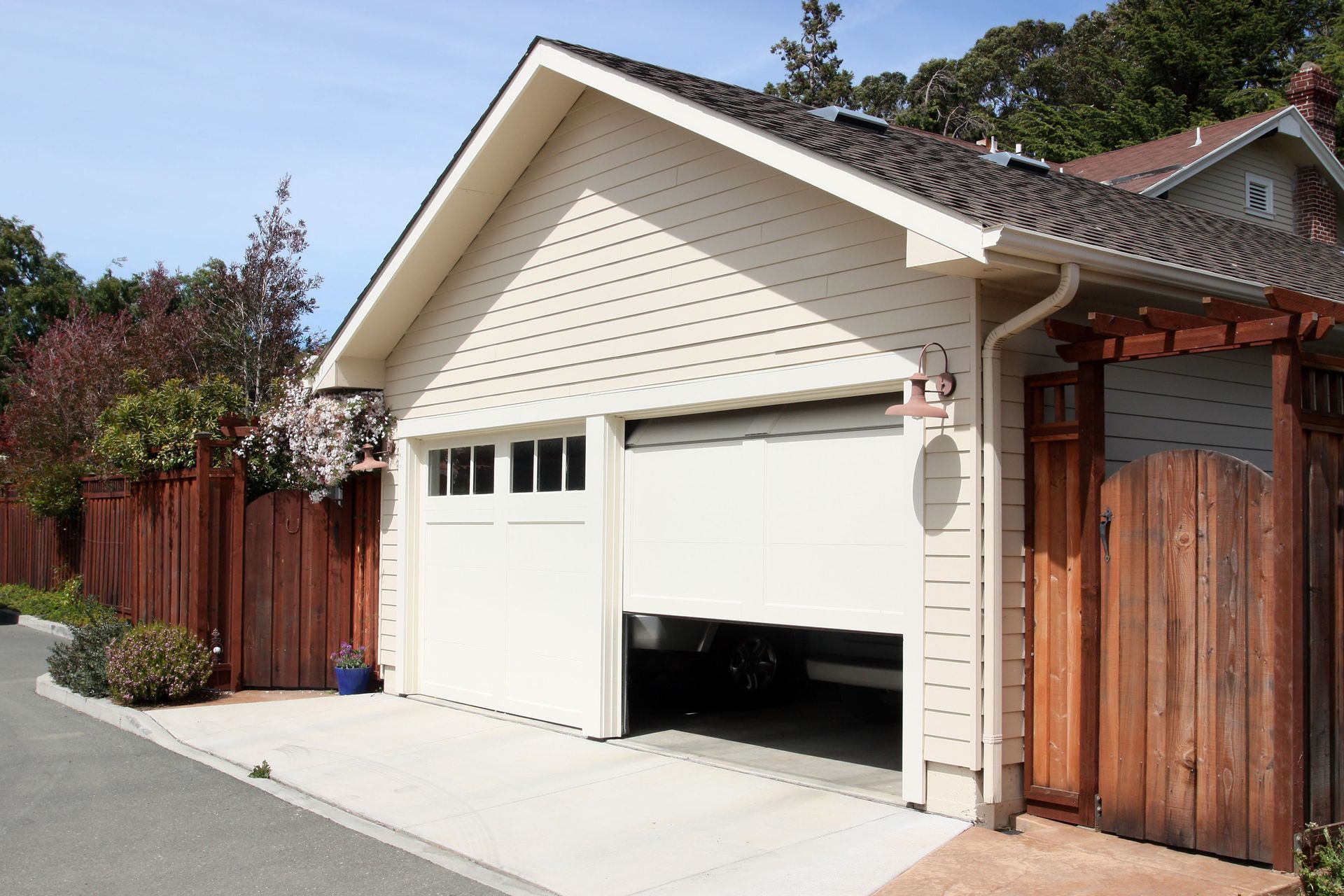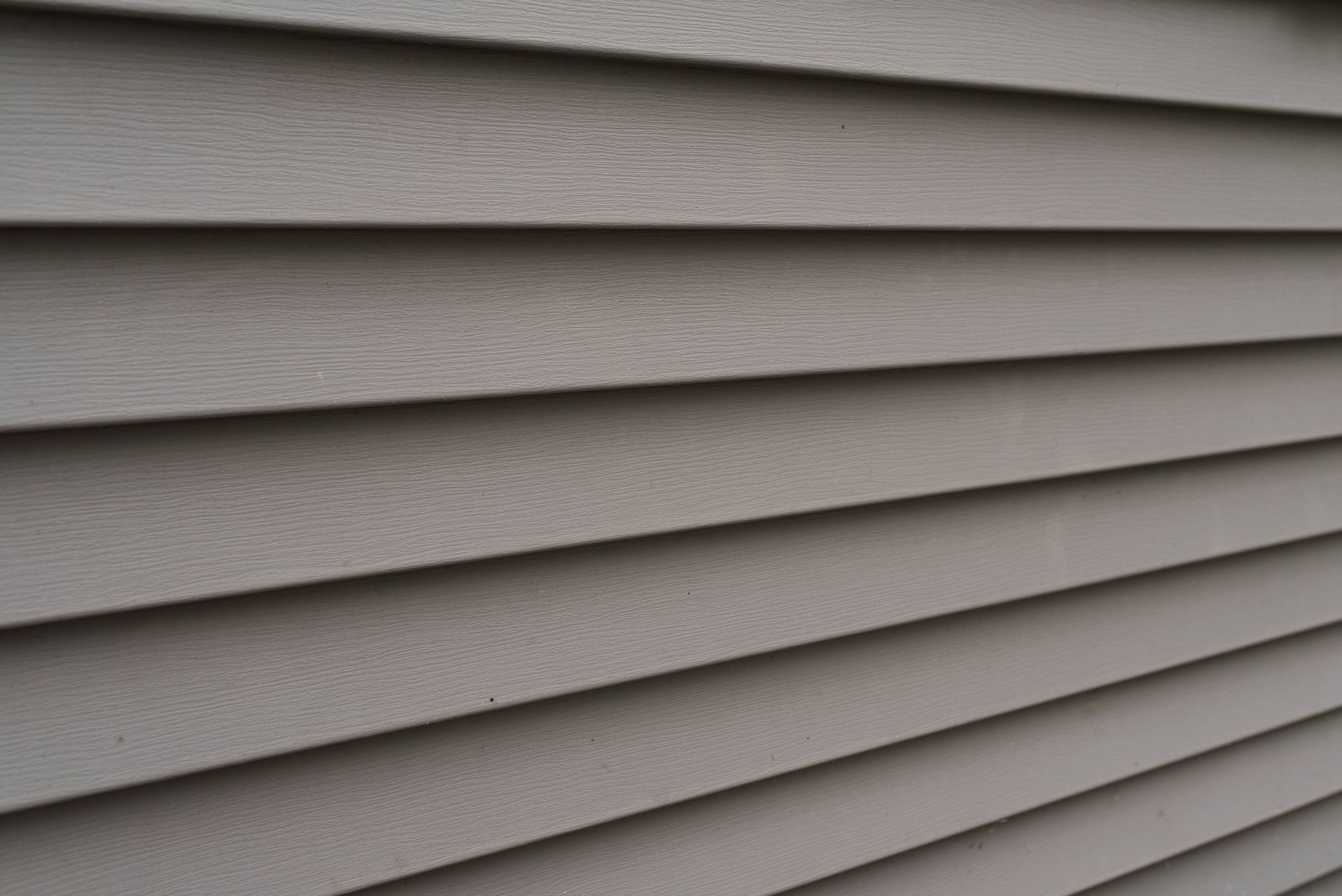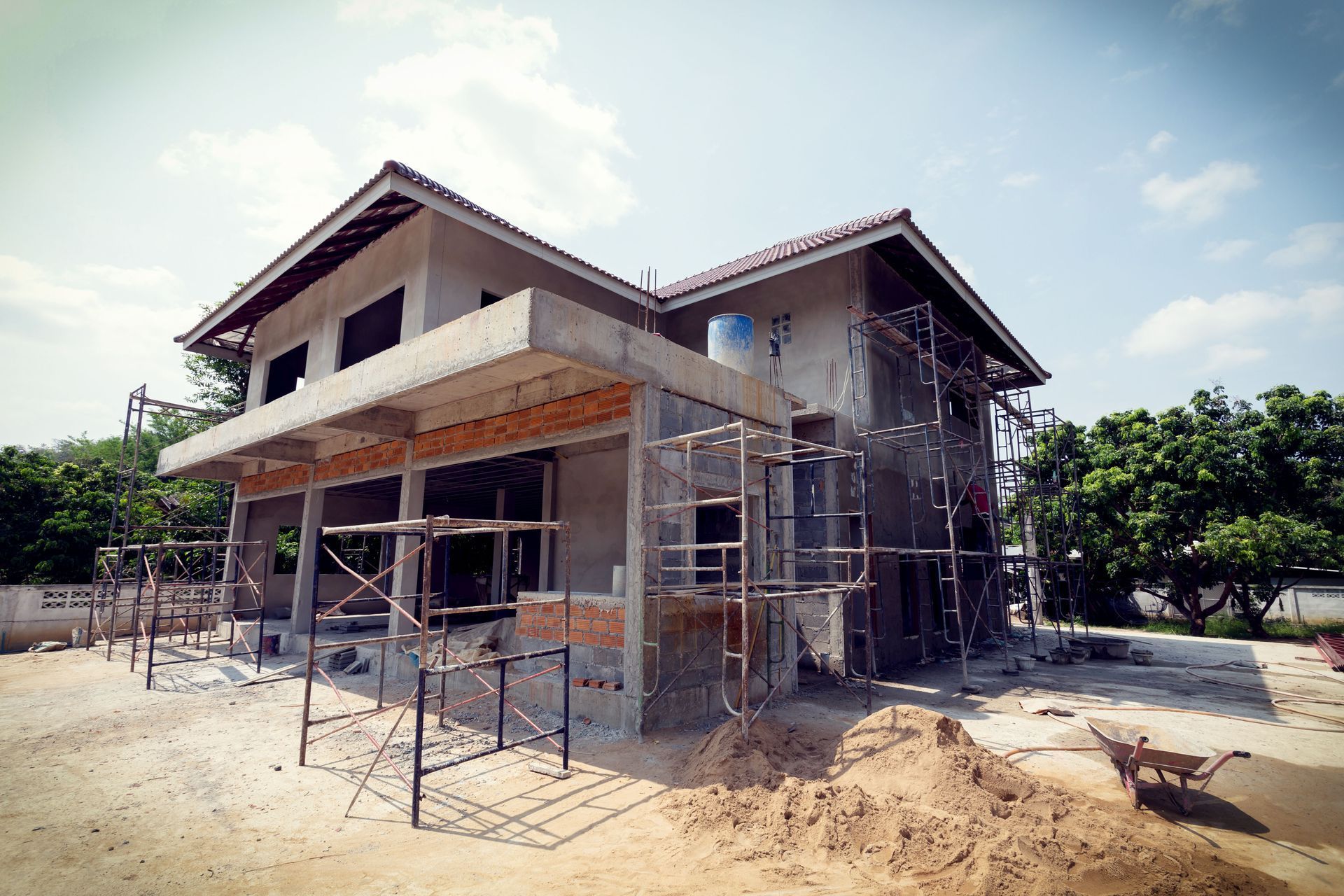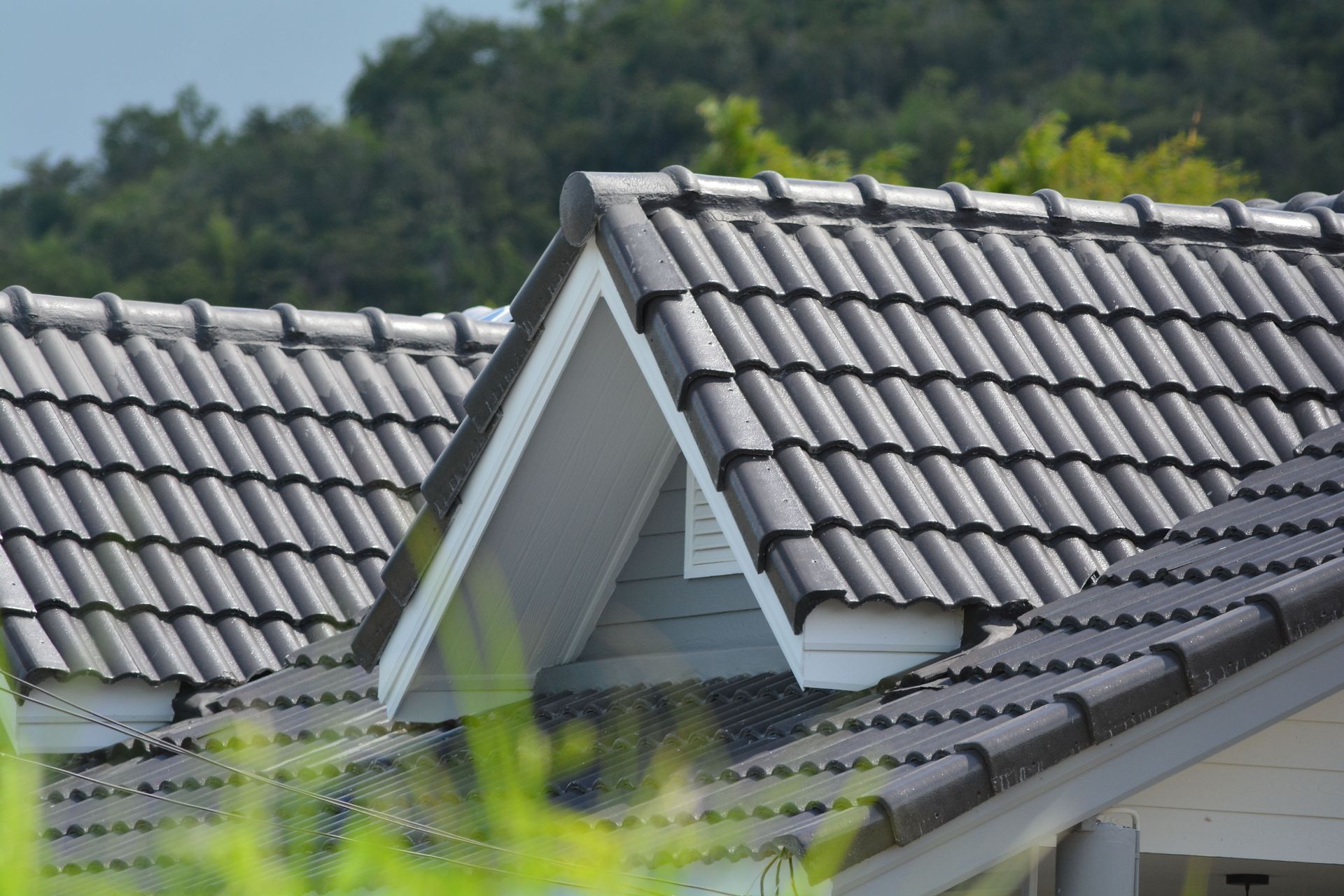How to Build an Energy-Efficient Garage
November 12, 2025
November 12, 2025
Highlights:
- Insulating the garage and sealing air leaks significantly reduces energy loss.
- Energy-efficient lighting and smart openers improve efficiency and convenience.
- Upgrading doors, windows, and flooring adds comfort and savings year-round.
- Renewable energy options like solar panels make garages more sustainable.
- Dillman Brothers helps homeowners in Urbana, IL enhance garage energy performance.
Understanding Garage Energy Efficiency
Garages often fall outside the home’s main insulation envelope, which can lead to higher heating and cooling costs. Improving your garage’s energy efficiency not only makes it more comfortable but also reduces your overall utility bills. Insulating walls, ceilings, and doors creates a buffer zone that stabilizes indoor temperatures. According to the U.S. Department of Energy , adding insulation and reducing heat-flow can save up to 20 % on heating and cooling costs. In climates like Urbana, IL, where seasonal temperature swings are common, a well-insulated garage can also protect stored items and extend the life of your vehicle and tools. Creating an energy-efficient garage begins with understanding how insulation, ventilation, and smart design all work together to conserve power and improve comfort.FAQ
Improving Air Sealing and Weatherproofing
Air leaks are one of the biggest energy drains in garages. Gaps around doors, windows, and vents allow hot or cold air to enter, making your home’s HVAC system work harder. Sealing these leaks with weather stripping or expanding foam is an affordable and effective solution. Pay close attention to the garage door, which can be a major source of drafts. Upgrading to an insulated door with tight-fitting seals prevents energy loss and enhances comfort. According to ENERGY STAR , sealing air leaks and adding insulation can help homeowners save up to 10% on annual energy bills.FAQ
Upgrading Lighting and Electrical Efficiency
Lighting plays a significant role in garage energy consumption. Switching to LED bulbs can cut lighting costs by up to 75 % compared to incandescent bulbs. Motion sensors or timers can further reduce unnecessary energy use. For garages with heavy electrical use—like workshops—smart outlets and power strips can prevent phantom energy drain. Installing energy-efficient fixtures also reduces heat output, keeping the garage cooler during Urbana’s warm months. According to the U.S. Department of Energy , high-efficiency lighting uses about 70-90 % less energy than traditional incandescent bulbs and produces about 70-90 % less heat.FAQ
Enhancing Windows and Flooring
Many garages feature single-pane or uninsulated windows that allow heat to escape. Replacing these with double-pane, low-E glass helps maintain indoor temperatures year-round. Adding window film or thermal curtains is a budget-friendly alternative. Likewise, garage floors can affect comfort and efficiency—bare concrete conducts cold and absorbs heat. Coating floors with epoxy or installing insulated tiles can reduce heat loss while improving durability. Homeowners in Urbana, IL often choose light-colored coatings that reflect sunlight, keeping garages cooler in the summer and minimizing energy use.Integrating Renewable Energy Options
To take energy efficiency further, consider integrating renewable energy sources. Adding solar panels to your garage roof can offset electricity use and provide power for tools, lighting, or even an electric vehicle charging station. In some cases, battery storage systems can store excess energy for later use. Smart garage systems allow you to monitor and optimize your energy usage in real time. Dillman Brothers often helps Urbana, IL homeowners explore sustainable upgrades that balance efficiency and cost savings, making energy-smart garages a growing trend for environmentally conscious households.Implementing Smart Garage Technologies
Smart garage systems go beyond convenience—they optimize energy use. Wi-Fi-enabled openers can schedule door operations during off-peak hours, while connected thermostats monitor temperature fluctuations. Homeowners can use integrated apps to manage lighting, heating, and ventilation, minimizing waste. For example, a smart exhaust fan can automatically activate when humidity or temperature exceeds a set threshold, preserving air quality and comfort. Over time, these systems pay for themselves by lowering electricity costs. With Urbana’s seasonal changes, automation helps maintain comfort without constant manual adjustments.Maximizing Heating and Cooling Efficiency
If your garage doubles as a workspace, heating and cooling efficiency becomes essential. Mini-split HVAC systems provide zoned climate control without the energy waste of central air ducts. Adding insulated garage doors and radiant floor heating further boosts comfort during cold Urbana winters. Conversely, ceiling fans or ventilation systems can reduce summer heat buildup. Maintaining optimal humidity also prevents corrosion and mold growth. Strategic insulation and efficient HVAC integration can reduce energy waste significantly, contributing to a greener home overall.Considering Ventilation and Air Quality
Good ventilation plays an important role in energy efficiency and indoor health. Without proper air circulation, garages can trap heat, fumes, and humidity—making climate control systems work harder. Installing energy-efficient exhaust fans or passive vents helps release hot air and maintain fresh airflow. For attached garages, ventilation is also critical for preventing carbon monoxide from seeping into living areas. Improved airflow reduces energy strain and enhances occupant comfort, creating a safer, more efficient environment.Evaluating Long-Term Energy Savings
When evaluating upgrades, consider long-term cost savings versus upfront investment. Insulated garage doors, LED lighting, and solar energy systems can deliver returns through reduced utility bills and improved property value. Many local utilities even offer rebates for energy-efficient improvements, making it easier to offset installation costs. Over time, combining these upgrades not only saves energy but also increases your home’s resale appeal. Homeowners in Urbana, IL working with experienced contractors like Dillman Brothers gain the added benefit of expert planning and proper installation for maximum efficiency.Final Thoughts on Building an Energy-Efficient Garage
An energy-efficient garage improves not just your home’s comfort but also its overall performance and value. From insulation and weatherproofing to smart technology and renewable energy integration, each upgrade offers measurable returns. Homeowners in Urbana, IL can benefit from local expertise through Dillman Brothers, who specialize in customized energy solutions tailored to local climate conditions. As energy costs continue to rise, investing in efficiency now means long-term savings and sustainability. A well-designed, energy-efficient garage protects your property, reduces waste, and supports a more eco-friendly lifestyle for years to come.

November 11, 2025
Highlights: Homes in humid or rainy climates demand siding that resists moisture, mold, rot, and warping. Materials like fiber cement and high-quality vinyl stand out for durability and low maintenance. Proper installation and ventilation matter just as much as material choice. Dillman Brothers serves homeowners in Champaign, IL and can guide local siding decisions. Selecting the right siding for Champaign, IL’s conditions helps protect your investment and improve performance. What Climate-Challenges Siding Faces in Humid or Rainy Regions In a region like Champaign, IL where humidity and rain occur regularly, siding faces more than just aesthetic stress: moisture intrusion, mold growth, rot, and warping become real risks. According to Kebony , excess dampness or trapped moisture can quickly damage insulation, weaken wood framing, and create mold inside the home. Homes in wetter and more humid climates require siding systems that manage moisture rather than simply look attractive. That’s why when Dillman Brothers works with homeowners in Champaign, IL, they emphasize materials chosen for water resistance, drainage, ventilation, and proper installation.












